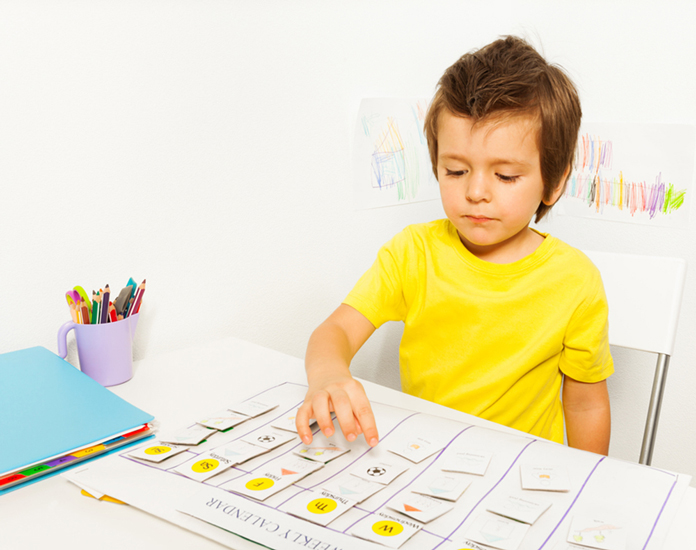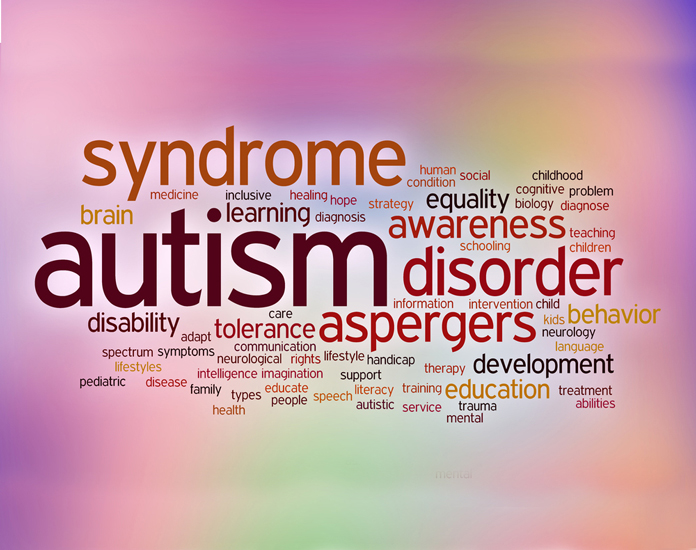MCC's Applied Behavior Analysis program offers both home-based and out patient treatment options to a varied population. Services are provided with the core principles of ABA and the highest cultural sensitivity and latest evidence based clinical approaches.
What is Applied Behavior Analysis (ABA)?
Applied Behavior Analysis is the systematic application of behavior principles to improve socially significant behaviors and decrease maladaptive behaviors. Simply put, ABA focuses on behaviors that are meaningful to you and your child and then uses research-based techniques to address these behaviors.
ABA techniques can be used to teach basic skills, such as looking at a speaker and imitating peers, as well as more complex skills, such as social interactions and reading comprehension. In addition to teaching adaptive skills, ABA interventions can be used to decrease behaviors that interfere in your child’s daily life.
Our Approach
The Multicultural Clinical Center’s ABA program was developed to provide services to clients who experience developmental delays and whose behavior, if left untreated, would increase in severity and may lead to a more restrictive treatment environment. MCC bases all interventions on the principles of Applied Behavior Analysis. All of our strategies are evidence-based and have been proven effective for children with autism and related disorders. MCC uses a multidisciplinary approach, which includes
- One-on-one teaching with the client
- Family Training in Applied Behavior Analysis
- Case management and coordination with schools and other service providers.
The Process
The first step to our ABA programs is an assessment. This assessment is conducted by a Board Certified Behavior Analyst (BCBA) and is used to identify areas of need for your child and family. Based on this assessment, the BCBA develops a comprehensive treatment plan to address behavioral concerns and skill deficits in the home, school, and community setting. Once the treatment plan is complete, it is reviewed with the family and in-home ABA services begin.
Throughout the implementation of our ABA program, family trainings are conducted to ensure consistency across the child’s environment. Monthly team meetings are also mandatory to assess the child’s progress and any needs that arise during treatment.
In order to effectively serve our families, we offer different treatment options that are appropriate for the individual needs of our client.
Treatment Options
We offer three types of service delivery models as well as short-term options to better serve individual family needs:
- The Direct Service Model: This model provides daily therapy sessions that range from 2-4 hours in length, allowing for 10-20 hours of ABA therapy per week.
- The Parent Training Model: This model provides therapy sessions 1-2 times per week that range from 2-4 hours in length, allowing for 2-8 hours of ABA therapy per week. Parents are trained using hands-on modeling and are expected to conduct 1-2 ABA sessions per week in the absence of the clinician.
- The Consultant Model: This model provides parent training sessions 1-2 times per month that range from 1-2 hours in length. Parents are trained in the principles of ABA as well as methods that will directly benefit their children.






